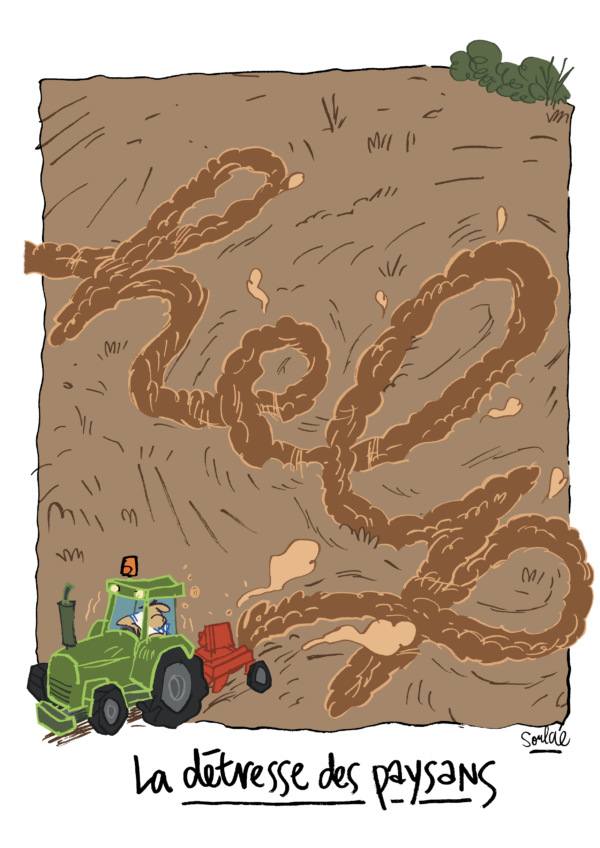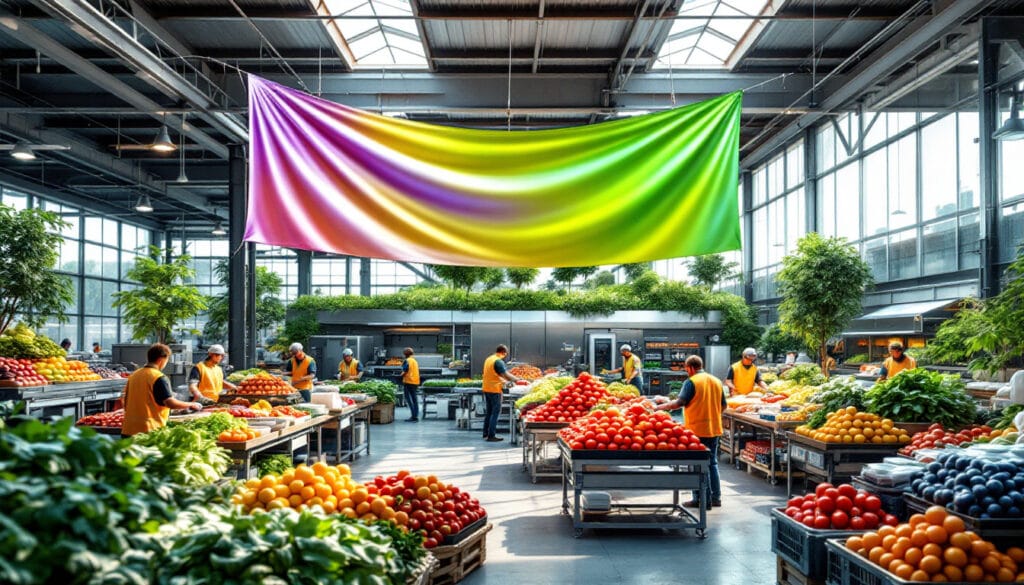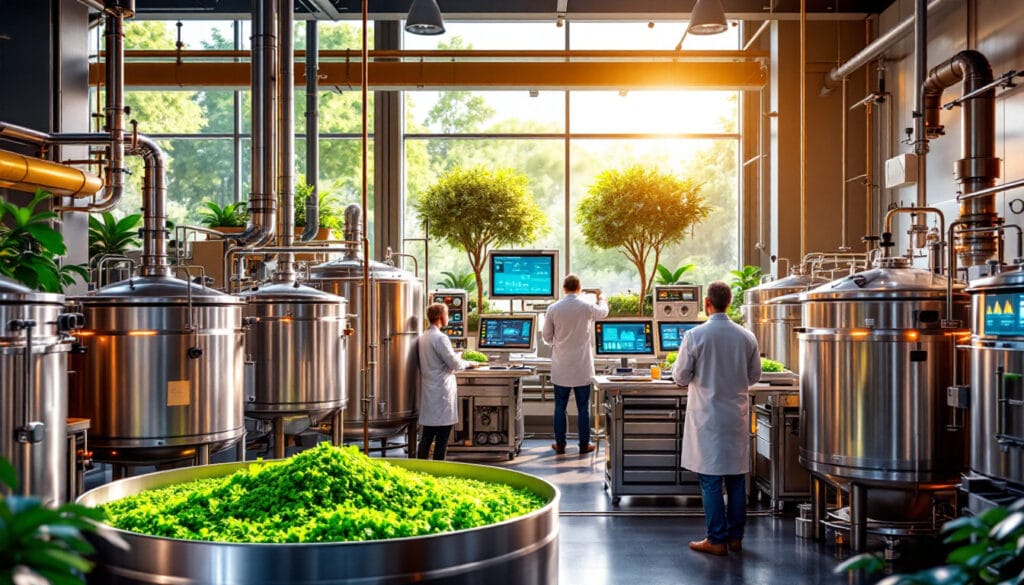Faced with a continuing erosion of the added value perceived by farmers, the diagnosis is relentless: recent productivity gains largely escape those who are their architects. Irregular and insufficient incomes limit their ability to transform and make informed strategic decisions. An update is necessary as The Shift Project looks at a possible radical transformation of French agriculture, for a revitalization of the sectors, while integrating the requirements of a resilient and sustainable agriculture. With a clear strategic framework, articulating cross-cutting objectives, a new horizon could offer better prospects for farmers. Underlying this is a reconciliation between productivity, sustainability, and equitable recognition of agricultural effort, which proves crucial.
The Shift Project highlights the pressing need to restructure French agriculture to meet contemporary requirements. In a report published on November 28, they stress that the added value of agriculture has significantly decreased, leaving farmers with irregular and insufficient incomes. On average, only 6.4 euros for every 100 euros spent on food return to producers.
The report proposes a roadmap for sustainable, low-carbon, and resilient agriculture, encouraging the adoption of practices inspired by agroecology and the creation of a clear strategic framework to guide ecological transitions. It also calls for reducing competitive pressure, particularly by reassessing international trade policies.

Table des matières
ToggleThe Shift Project and the New Era of French Agriculture
At the heart of contemporary challenges, the Shift Project examines the need to transform French agriculture to make it more resilient and low-carbon. The goal is clear: to break free from the inconsistencies of the common agricultural policy, whose declining budget complicates necessary transitions. These 53 billion euros should be better utilized, coordinating with other sectors, to avoid conflicts between transition objectives. It is essential that farmers do not bear the burden of past political choices alone and can benefit from sufficient incomes to fulfill their crucial role.
Enhancing Agriculture and Redefining Economic Priorities
Over the years, the added value to farmers has continuously contracted, a glaring fact of the lack of framing of agricultural production objectives. For every 100 euros spent in France on food, only 6.4 euros return to farmers. This situation fuels extreme competitive pressure that necessitates a reassessment of practices, particularly by adopting agroecological practices. The transition to this method, which involves reducing chemical inputs, could restore a fair share of value to farmers and alleviate the current crisis. Meanwhile, the Shift Project proposes to quantitatively assess the physical constraints affecting agriculture and thus plan relevant actions to overcome them, as highlighted in their interim report.
Necessary Transformations Towards Sustainable Agriculture
A strategic planning must be implemented to make French agriculture more sustainable and less dependent on inadequate subsidies. Adopting a clear and well-defined framework is crucial to overcoming the contradictions of current policies that severely impact the agricultural sector. This transformation encompasses not only the reduction of intermediate consumption but also the optimization of agricultural productions. Initiatives, such as those undertaken by the Vivescia cooperative, are already demonstrating a possible path forward, encouraging stakeholders to fully engage in this transition.




